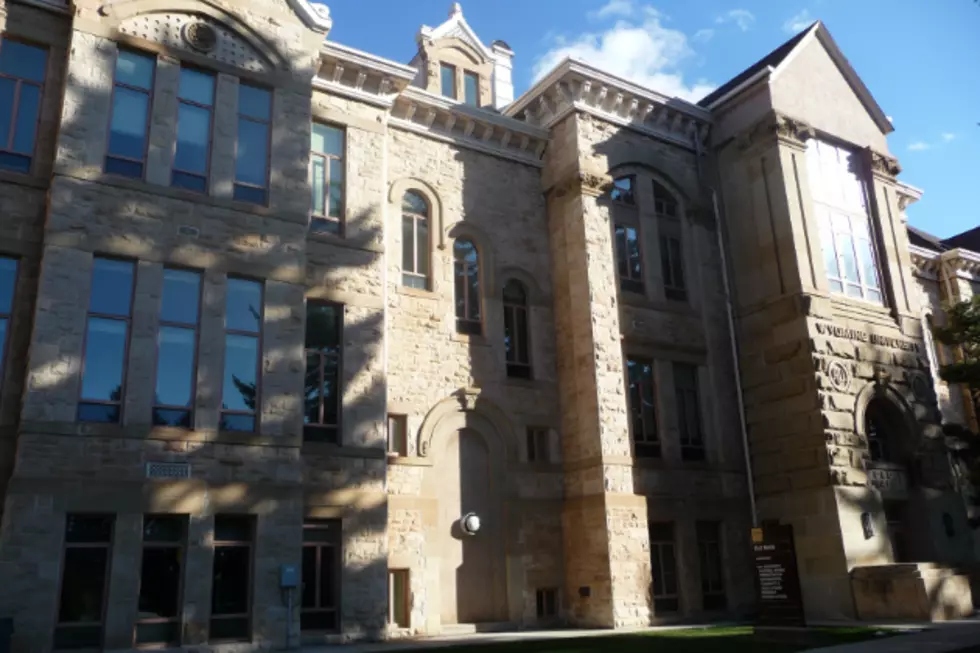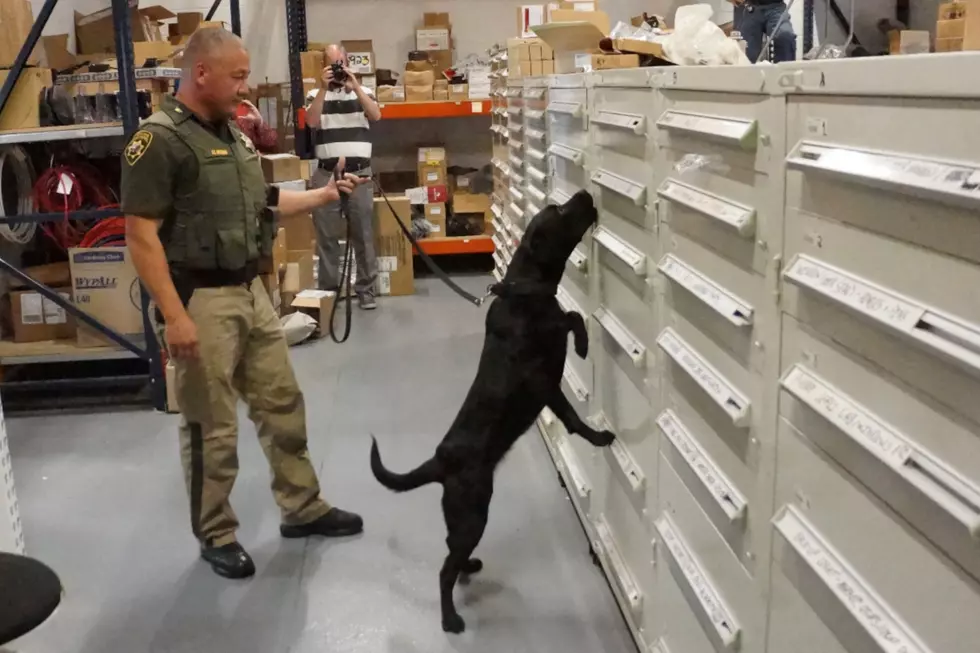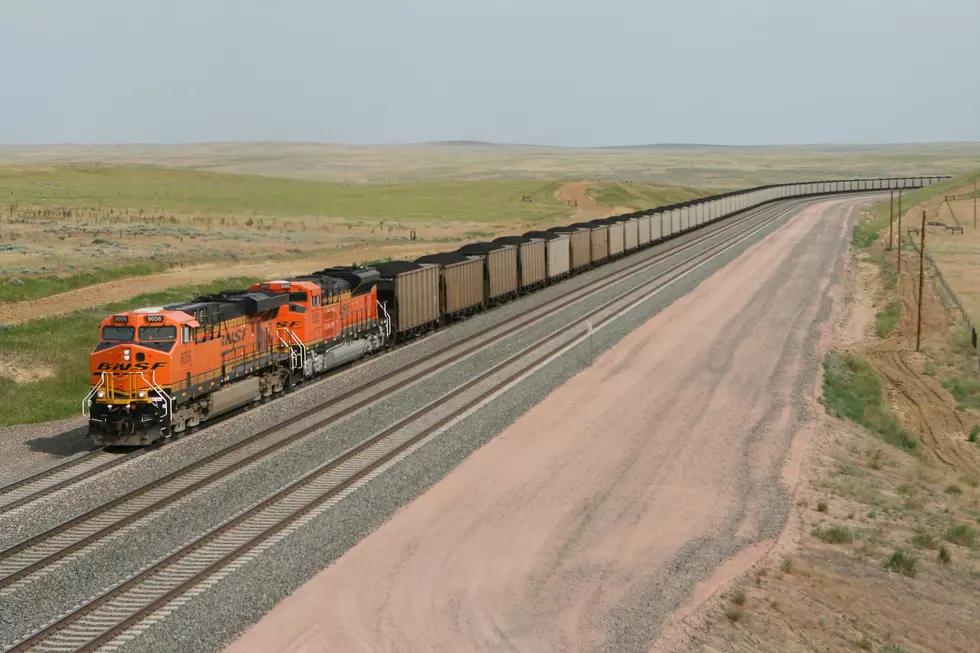
UW Receives Funding for Carbon Storage Project
The University of Wyoming has received a $9.77 million award from the U.S. Department of Energy for a project that would determine the feasibility of creating a commercial-scale geological storage complex for carbon dioxide in Wyoming.
UW says that the university, along with Basin Electric Power Cooperative, Energy and Environmental Research Center and other partners are working to see if over 50 million metric tons of CO2 could be stored underground near Basin Electric’s 385-megawatt Dry Fork Station near Gillette.
The project will involve the drilling of a stratigraphic test well near the Dry Fork Station to collect core material to help determine the suitability of the underground geologic formations for commercial CO2 storage. That project will last two years and cost $12.25 million.
Along with the $9.77 million federal grant, cost-sharing contributions from the partners will total $2.47 million.
“This project will allow us to determine the feasibility of safely, permanently and economically storing CO2 in Wyoming’s Powder River Basin, the largest coal-producing region in the nation,” says Scott Quillinan, project manager and senior hydrogeologist with UW’s Carbon Management Institute, in a statement.
Mark Northam, executive director of UW’s School of Energy Resources, said that finding ways to make traditional uses of coal cleaner and more efficient is important for Wyoming, The U.S’s top coal producer.
The grant for this project comes from the Department of Energy’s Carbon Storage Assurance Facility Enterprise, or CarbonSAFE initiative, which looks for ways to help mitigate CO2 emission from consumption of fossil fuels.
The Powder River Basin Produces about 40 percent of all coal consumed in the United States and it also has existing CO2 pipelines for oil and gas operations, including fields suitable for use of CO2 for enhanced oil recovery.
More From Y95 Country









